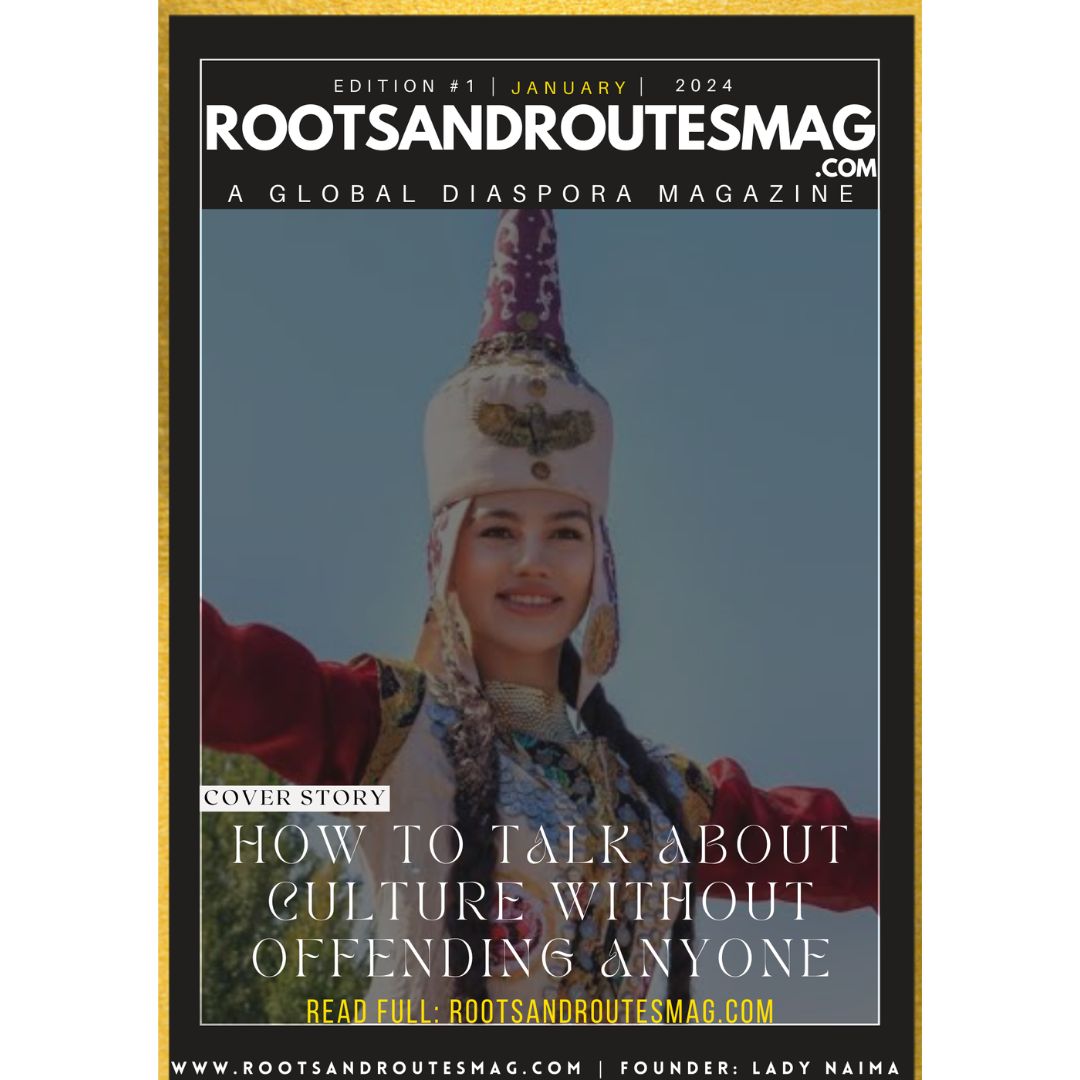What Can We Learn from Other Cultures?

In an increasingly interconnected world, learning from other cultures is not only enriching but essential for fostering global understanding and personal growth. Every culture offers unique perspectives, traditions, and wisdom that can broaden our worldview and help us develop a deeper appreciation for diversity. Whether it’s through travel, education, or interacting with people from different backgrounds, the lessons we gain from other cultures can shape how we live, work, and interact with others. Here are some key takeaways we can learn from different cultures.
1. The Importance of Community and Family
In many cultures around the world, community and family play a central role in daily life. Cultures in Latin America, Africa, and Asia often emphasize close-knit family bonds and communal support systems. The concept of “it takes a village” is practiced in real life, where neighbors, extended family, and even friends come together to care for children, elders, and the community as a whole.
- What We Can Learn: These cultures remind us of the value of relationships and collective well-being. In Western societies where individualism is often prioritized, we can learn the importance of slowing down to nurture close family ties and support networks. It also teaches us that personal success is deeply interconnected with the success and happiness of those around us.
2. Mindfulness and Present Living
Many Eastern cultures, particularly those influenced by Buddhism and Hinduism, emphasize mindfulness, meditation, and living in the present moment. In countries like Japan, China, and India, practices such as yoga, Tai Chi, and meditation are integral to daily routines, promoting a sense of inner peace and connection to the present.
- What We Can Learn: These practices teach us the power of being present in our daily lives. In fast-paced, achievement-driven societies, mindfulness offers a way to reduce stress, enhance mental clarity, and improve overall well-being. Adopting these techniques can help us approach life with a calmer, more balanced perspective.
3. Sustainability and Respect for Nature
Indigenous cultures around the world, from Native American tribes to the Aboriginal peoples of Australia, have long practiced sustainability and deep respect for the environment. These cultures view nature not as something to be dominated or exploited, but as an integral part of life that requires stewardship and care.
- What We Can Learn: With the growing awareness of climate change and environmental degradation, we can learn from these cultures to live more sustainably. They remind us of the importance of harmony with nature, valuing resources, and practicing conservation. By integrating these principles into modern life, we can contribute to a healthier planet for future generations.
4. The Value of Tradition and Ritual
Cultures around the world hold rich traditions and rituals that mark important life events, seasons, and transitions. Whether it’s celebrating the Chinese New Year, participating in India’s Diwali festival, or observing Mexico’s Día de los Muertos, these rituals serve as meaningful ways to connect with heritage, ancestors, and community.
- What We Can Learn: In an age where many traditional practices are fading, we can learn the importance of preserving and honoring our own cultural heritage. These rituals also teach us about the significance of taking time to reflect on life’s milestones and the importance of connecting with past generations.
5. Hospitality and Generosity
In many Middle Eastern, South Asian, and African cultures, hospitality is regarded as a vital virtue. Guests are often treated with great respect and generosity, with hosts going out of their way to make them feel comfortable and welcome, often sharing meals and offering gifts. Hospitality is seen as a way to build trust and strengthen social ties.
- What We Can Learn: We can adopt these values to foster a greater sense of openness and kindness in our daily lives. Offering hospitality doesn’t require grand gestures; simple acts of welcoming others, sharing meals, or offering help can go a long way in building stronger, more empathetic communities.
6. The Power of Collective Effort
In cultures like those found in Japan, South Korea, and parts of Scandinavia, collective effort and teamwork are emphasized over individual achievement. These societies often prioritize harmony, consensus, and working together to achieve common goals. In Japan, the concept of “kaizen,” or continuous improvement, encourages groups to collaborate on problem-solving and innovation.
- What We Can Learn: In cultures where competition and personal achievement are heavily emphasized, we can learn the value of teamwork and cooperation from these societies. By working together and focusing on shared goals, we can achieve more sustainable and long-lasting success. This lesson can be applied in work, community projects, and even family life.
7. Adaptability and Resilience
Many cultures, particularly those that have faced historical challenges such as colonization, migration, or natural disasters, have developed strong traits of adaptability and resilience. Communities in regions like Southeast Asia, the Caribbean, and parts of Africa have had to learn how to overcome adversity while maintaining a strong sense of identity and optimism.
- What We Can Learn: From these cultures, we can learn how to face challenges with resilience and flexibility. Life’s difficulties are inevitable, but how we adapt to them can determine our long-term well-being. These cultures show us the importance of hope, perseverance, and finding creative solutions in the face of hardship.
Conclusion
Learning from other cultures opens our minds and hearts to new ways of thinking, living, and interacting with the world. Each culture has its own unique strengths, wisdom, and practices that can inspire us to improve our own lives. By embracing diversity and learning from the global community, we enrich our personal perspectives, build deeper empathy, and contribute to a more connected and harmonious world. Ultimately, the lessons we learn from other cultures remind us of our shared humanity and the beauty of diversity.

Tariq Riaz is a passionate web developer and content generation expert.









